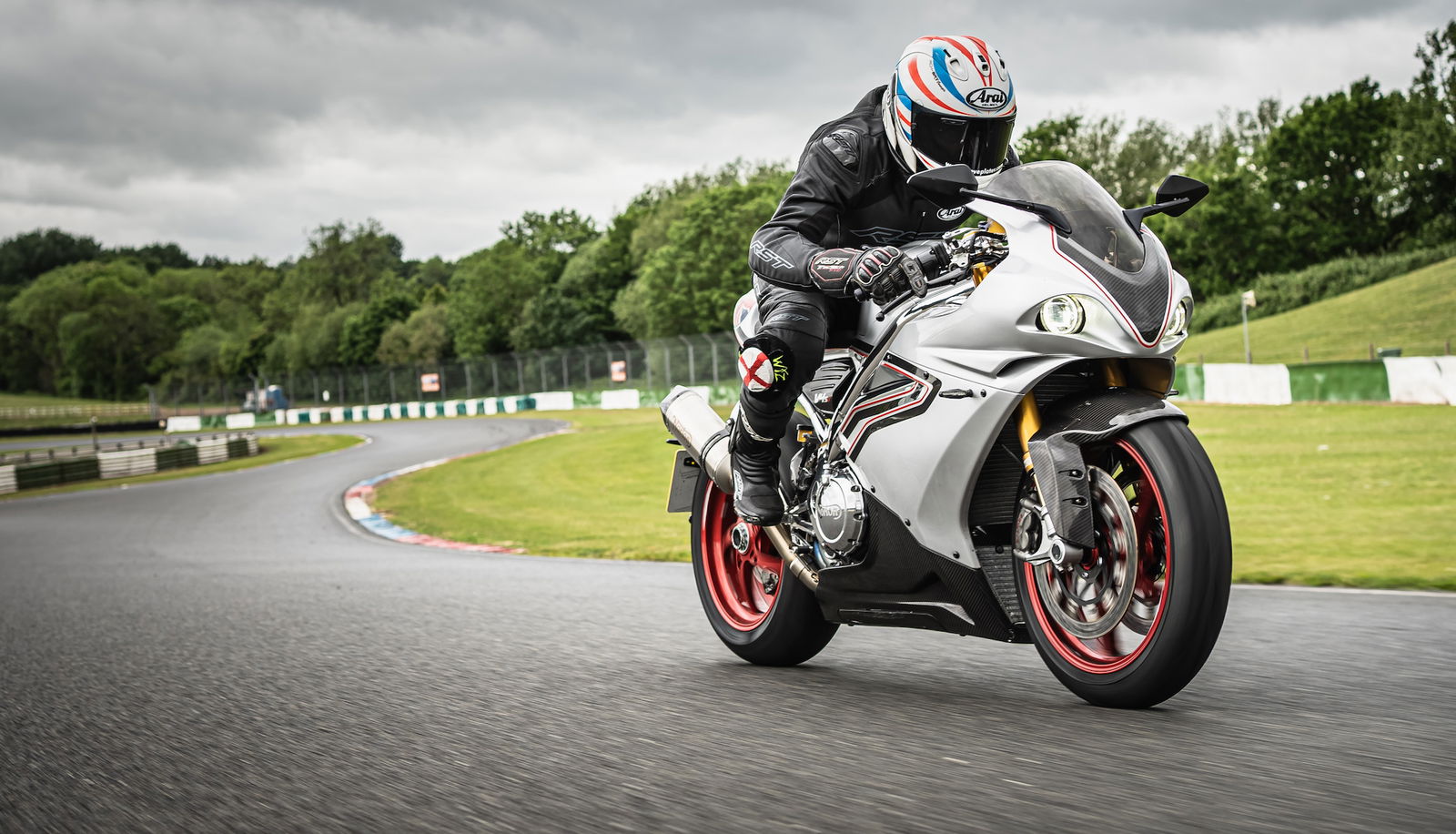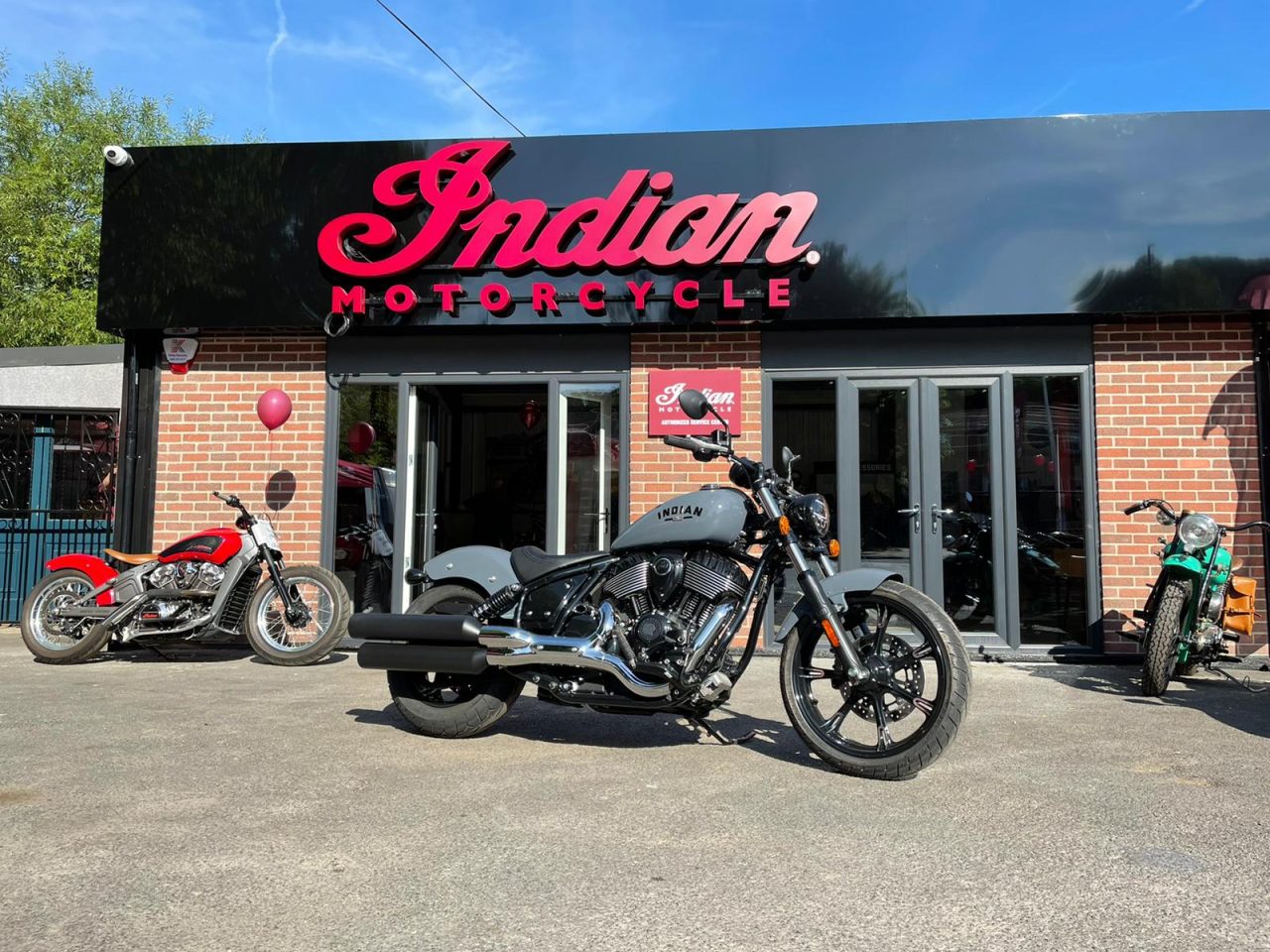NMC says UK government "making a mistake" by rushing decarbonisation for bikes
The NMC believes that the government is acting too quickly to eliminate non-zero emission motorcycles from the UK market.

The National Motorcyclists Council has voiced its opposition to the proposal of the UK government to end non-zero emission motorcycle sales by 2035.
Following the announcement of the proposal of the government of the UK to end sales of new non-zero emission motorcycles by 2035, motorcycling organisations have made public their opposition.
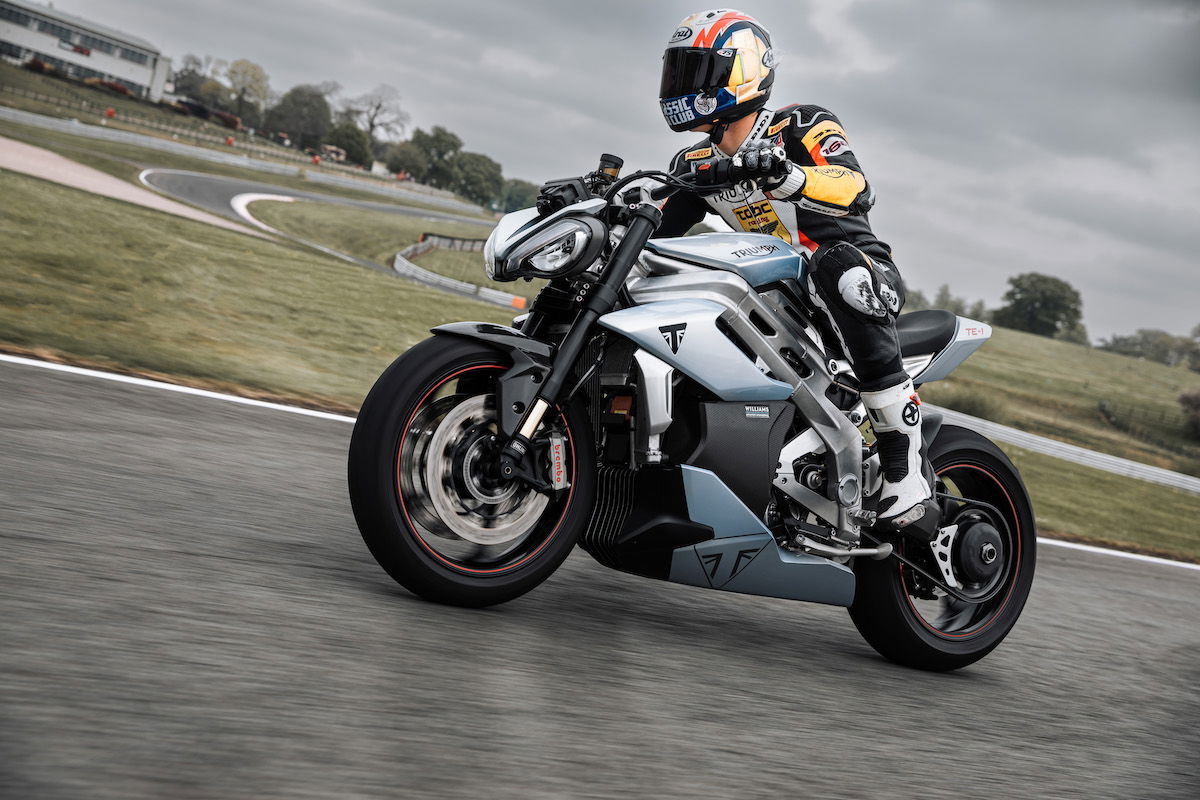
Last week, we wrote that the Motorcycle Industry Association (MCIA) was opposed to the government’s proposal, and the National Motorcyclists Council (NMC) has also voiced its opposition.
The NMC says “The government is making a mistake by trying to force the pace of motorcycle decarbonisation and must not ignore the voice of motorcyclists as proposals are developed.”
The Council says that it is wrong for the national UK government to diverge from international targets for motorcycle decarbonisation, because of the globalised reality of the motorcycle industry.
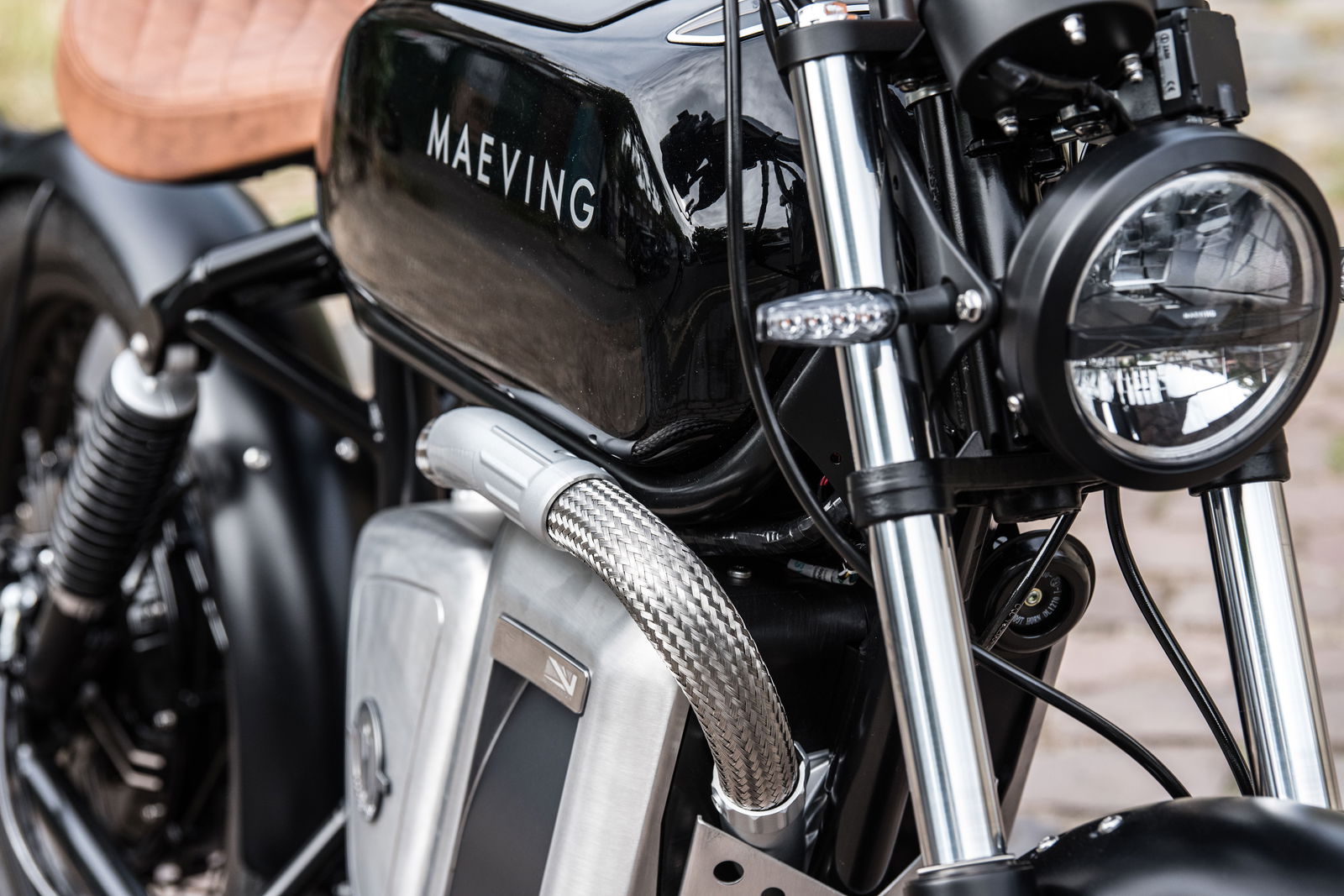
“Motorcycle manufacture is a global, not local, matter,” the NMC says. “As a result, the UK should only move on globally agreed net-zero timetables and not seek to force this via a UK-only set of arbitrary targets - which will make little difference to the global CO2 picture in any case.”
Additionally, the NMC suggests that the government’s decision and goals are happening too soon for manufacturers. Electric motorcycles have not yet become a popular choice for bikers, and they still make up just a small percentage of the market share.
The NMC says that “by forcing the pace of change in just one market, the Government instead risks potential market withdrawal by manufacturers, with a subsequent reduction of choice for riders and economic damage to the motorcycle sector.”
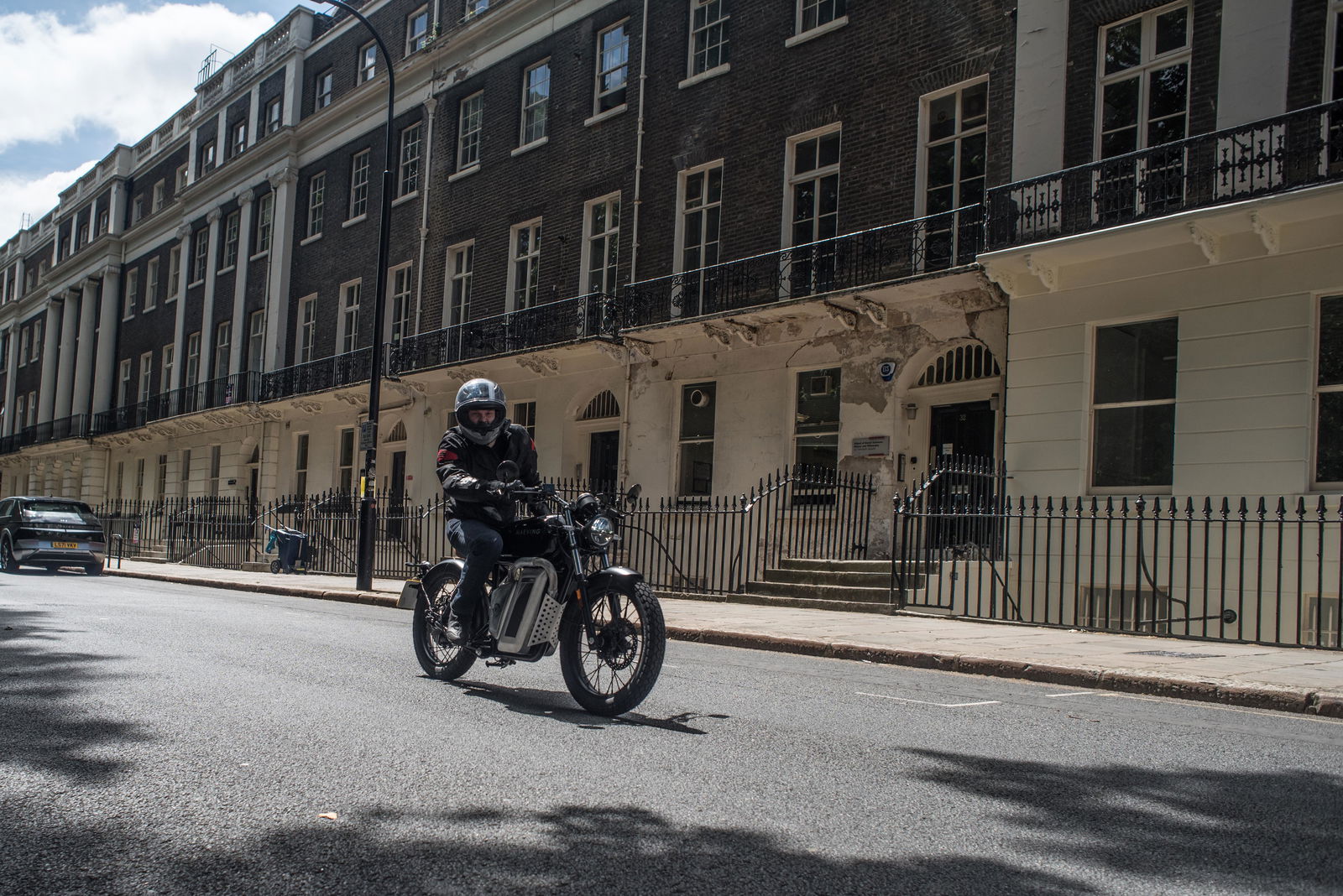
Whereas electrification has previously been seen as the only option for sustainable transport, we now live in a time where synthetic fuels or hydrogen power, for example, are increasing in viability.
There are drawbacks to both of those, of course. For example, synthetic fuels are currently very expensive, and hydrogen is not only difficult to store but also inefficient and environmentally damaging to extract (although Bosch, for example, is now claiming it can make ‘green’ hydrogen).
But, at the same time, the technology in electric power has improved greatly over the last 10 or 15 years, and that is thanks to the resources put into developing it. Since manufacturers - like Ducati (see also), Kawasaki and Yamaha, as well as top-level racing series’ such as MotoGP and F1 - are all currently looking to develop hydrogen power and/or synthetic fuels, an inability to accept that electric power is not the only solution for sustainable vehicles going forwards would appear to be a mistake.
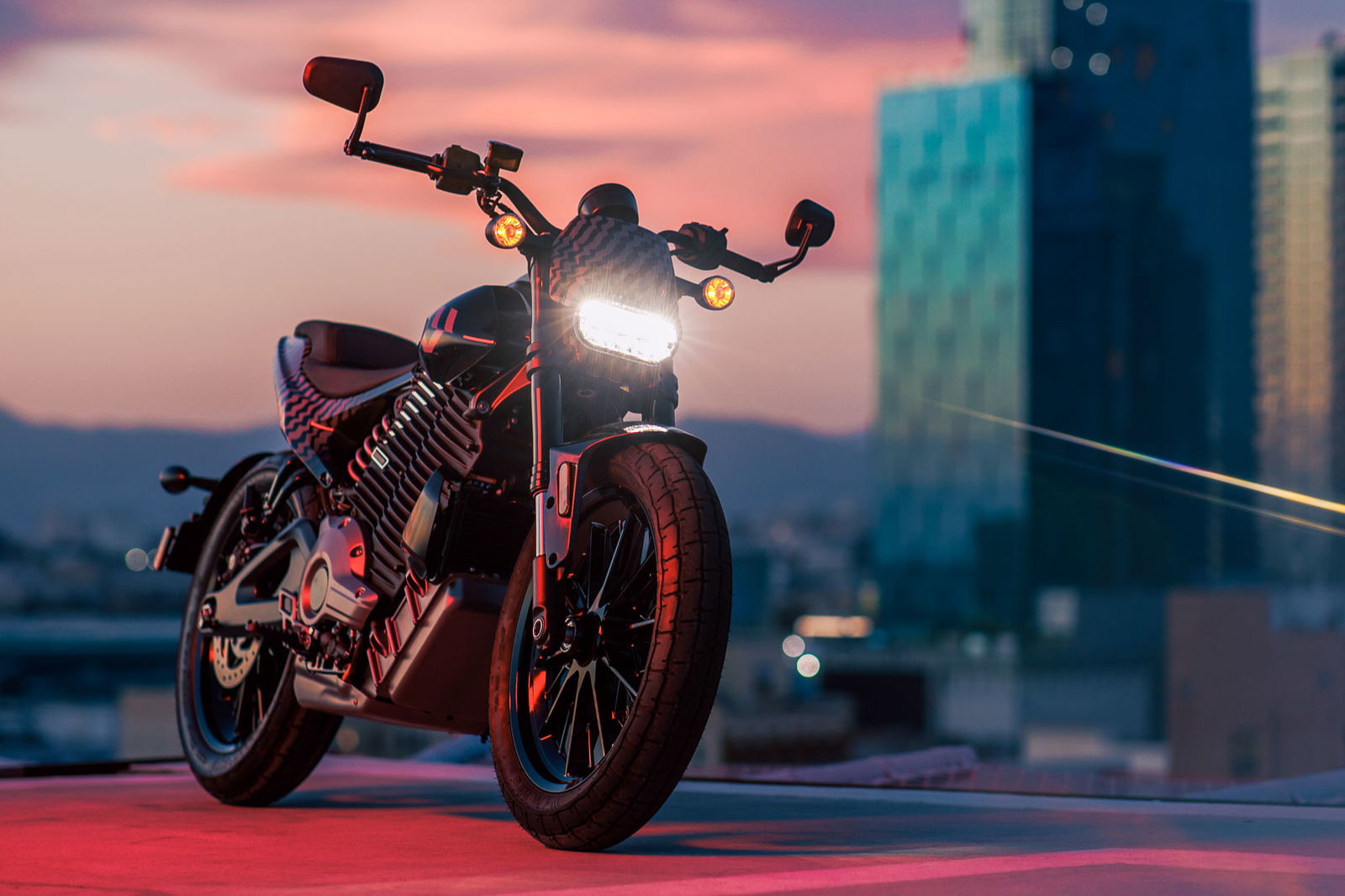
But, the NMC is unconvinced by the government. It says: “The consultation claims that the Government is technology neutral on motorcycle decarbonisation, but states that alternative and low carbon fuels may only play a role in the transition to fully electric vehicles.”
“The Government’s ambitions in this area are clearly running ahead of what may be reasonable to deliver,” said NMC Executive Director Craig Carey-Clinch. “Successful transition in any field requires those affected to be content with changes proposed.
“In the case of zero emission motorcycles, particularly in the premium market segments, current product availability, price point, the current state of electric bike technology and rider acceptability, suggests that much more will need to happen before a reasonable target date for full zero emission new production can be established."
